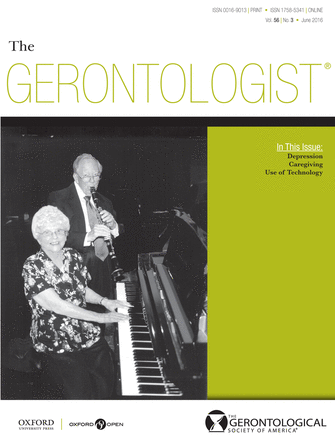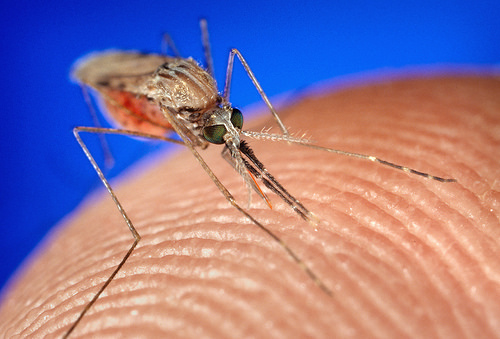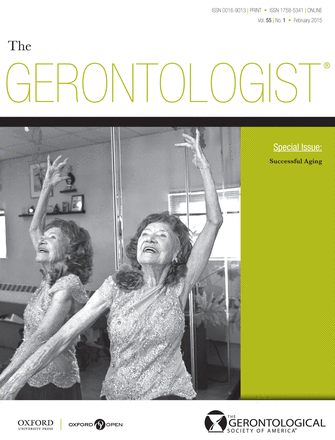The Origins, Programs, and Benefits of Age-Friendly Communities
GOLANT – The Origins, Programs, and Benefits of Age-Friendly Communities Stephen M. Golant Article first published online: 25 MAY 2015 The Gerontologist DOI: 10.1093/geront/gnw071 ABSTRACT: The emergence of the age-friendly community movement is a programmatic affirmation of what environmental gerontologists have long argued, namely, that the residential environments occupied by older individuals can influence their ability to […]
Read more "The Origins, Programs, and Benefits of Age-Friendly Communities"



